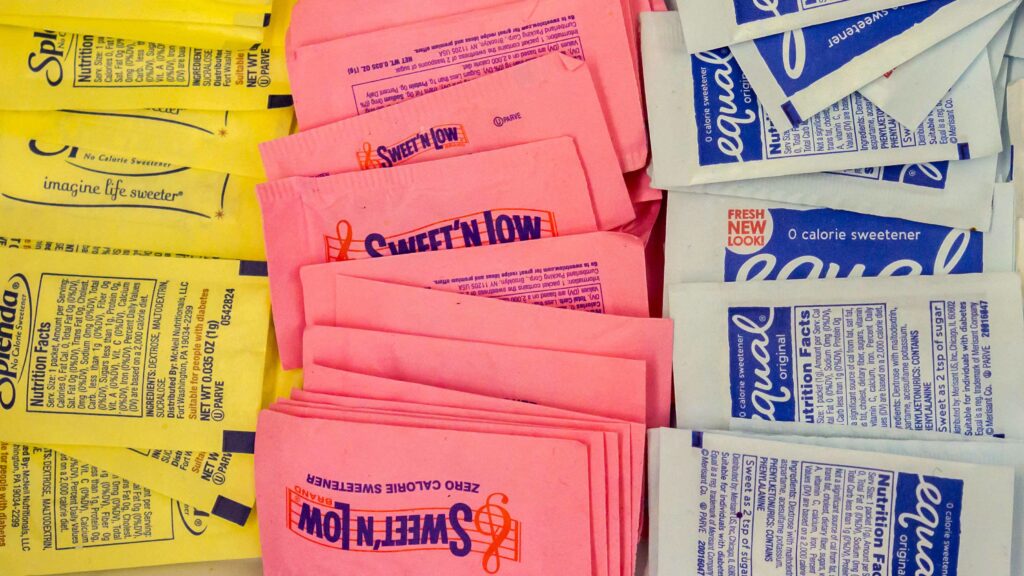Pierre Bourdieu on taste, as luxury vs. necessity:
The true basis of the differences found in the area of consumption, and far beyond it, is the opposition between the tastes of luxury (or freedom) and the tastes of necessity. The former are the tastes of individuals who are the product of material conditions of existence defined by distance from necessity, by the freedoms or facilities stemming from possession of capital; the latter express, precisely in their adjustment, the necessities of which they are the product. Thus it is possible to deduce popular tastes for the foods that are simultaneously most ‘filling’ and most economical from the necessity of reproducing labour power at the lowest cost which is forced on the proletariat as its very definition. The idea of taste, typically bourgeois, since it presupposes absolute freedom of choice, is so closely associated with the idea of freedom that many people find it hard to grasp the paradoxes of the taste of necessity. Some simply sweep it aside, making practice a direct product of economic necessity (workers eat beans because they cannot afford anything else), failing to realize that necessity can only be fulfilled, most of the time, because the agents are inclined to fulfill it, because they have a taste for what they are anyway condemned to. Others turn it into a taste of freedom, forgetting the conditionings of which it is the product, and so reduce it to pathological or morbid preference for (basic) essentials, a sort of congenital coarseness, the pretext for a class racism which associates the populace with everything heavy, thick and fat. Taste is amor fati, the choice of destiny, but a forced choice, produced by conditions of existence which rule out all alternatives as mere daydreams and leave no choice but the taste for the necessary.
Doesn’t quite explain chickfila – or does it?







